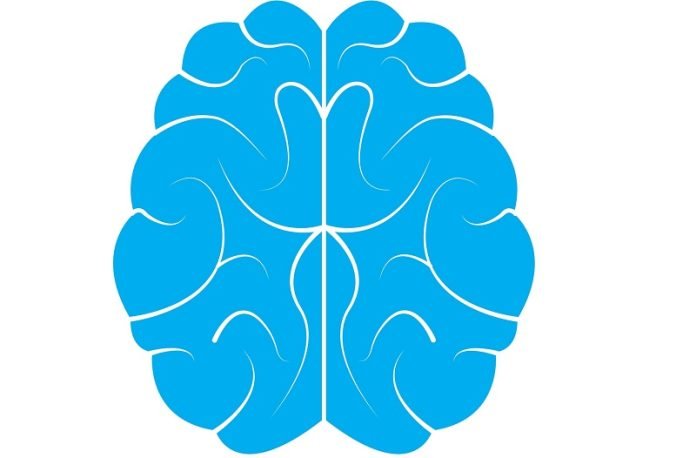
Scientists from Cambridge University discovered something interesting about our brains.
They found that a particular part of the brain, called the hypothalamus, is different in people who are overweight or obese compared to those of a healthy weight.
This part of the brain helps decide when we’re hungry or full. The findings shed more light on how the brain plays a role in our weight.
The Hypothalamus and Our Weight
A lot of people across the world have weight issues. It can lead to various health problems like diabetes, heart disease, and more.
Our brains, especially the hypothalamus, play a role in our eating habits. But understanding how it works in humans has been a challenge since it’s tiny and hard to study using normal brain scans.
Dr. Stephanie Brown, a researcher from Cambridge, mentioned, “While we know the hypothalamus plays a role in how much we eat, there’s not much direct data on this in humans because it’s tiny and hard to see in standard MRI scans.”
The Research Process
Most of what we know about the hypothalamus comes from studying animals. In these studies, we’ve learned that this part of the brain has complex systems that help decide if we’re hungry or full.
Dr. Brown and her team used a new technique involving machine learning to study MRI scans of 1,351 young adults. They wanted to see if the hypothalamus looked different in people of various weights.
They found out that the hypothalamus was bigger in people who were overweight or obese. The bigger size was especially seen in parts of the hypothalamus that deal with hunger and fullness.
What Could This Mean?
It’s not completely clear why the hypothalamus is bigger in some people. But one idea is that it has to do with inflammation. In animals, eating too much fat can cause the hypothalamus to become inflamed.
This inflammation can then make it so animals have to eat even more to feel full. If this is true for people too, it means that eating a lot of fat might cause our hypothalamus to get inflamed, making us eat more and gain weight.
The team also thinks that the inflammation might make the brain’s immune cells bigger. This could be why the hypothalamus is larger in some people.
Dr. Brown explained, “A high-fat diet might cause inflammation in our hunger-control center. Over time, this could change when we feel full and how we handle sugar in our blood, making us gain weight.”
Professor Paul Fletcher, another researcher on the team, said, “We’ve learned a lot about how our brain controls appetite in the past 20 years.
This new way of looking at brain scans could help us understand obesity even better.”
The researchers believe more studies are needed. They want to find out if a bigger hypothalamus causes weight gain or if gaining weight causes the hypothalamus to grow. It might even be a mix of both.
In conclusion, the brain plays a crucial role in our weight. By understanding how the hypothalamus works, we can better tackle weight-related health issues in the future.
If you care about weight management, please read studies about berries that can prevent cancer, diabetes, and obesity and 10 small changes you can make today to prevent weight gain.
For more information about weight loss, please see recent studies that a green diet can reduce belly fat much better, and a Keto diet could help control body weight and blood sugar in diabetes.
The study was published in NeuroImage: Clinical.
Follow us on Twitter for more articles about this topic.
Copyright © 2023 Knowridge Science Report. All rights reserved.



